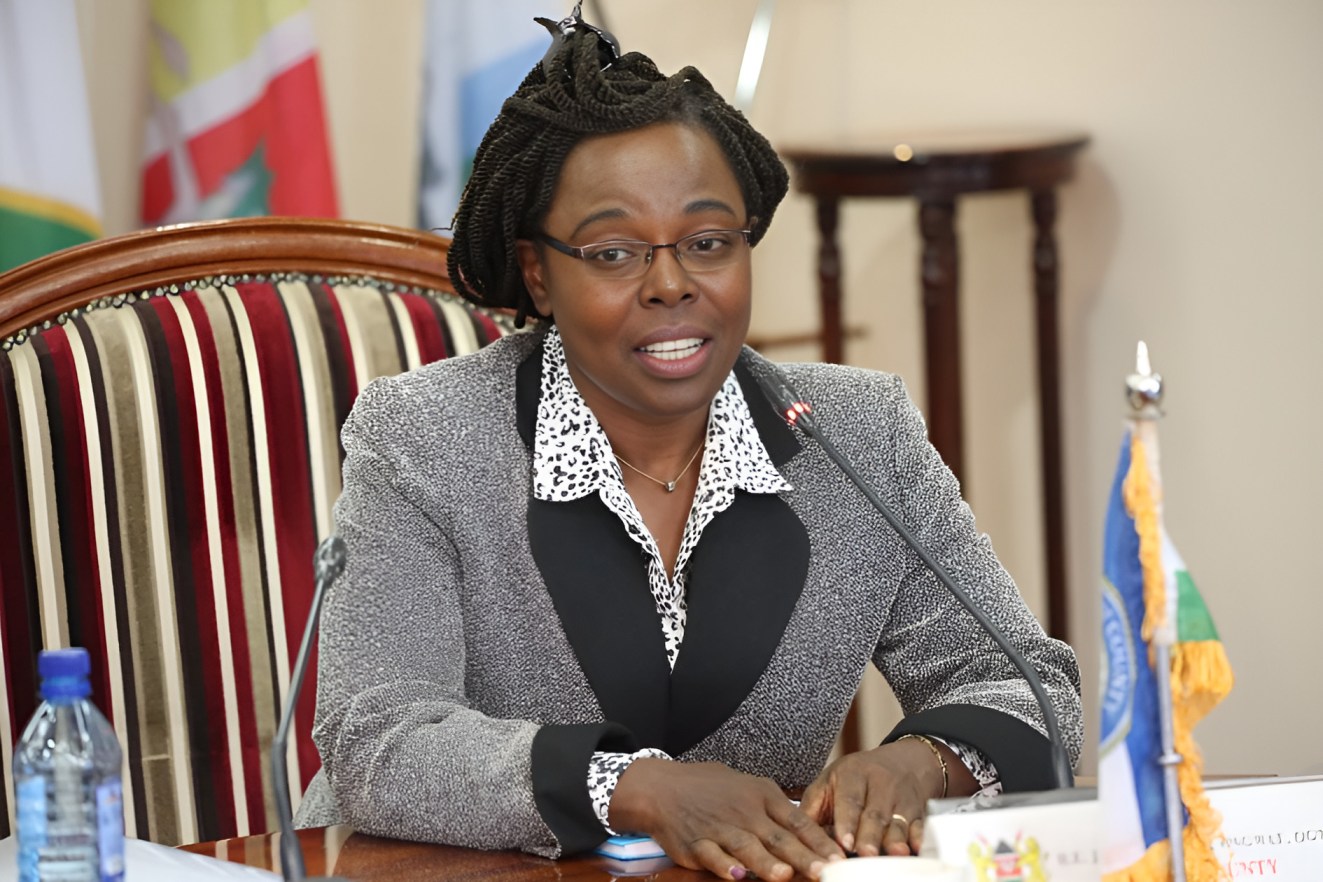Thousands of suppliers and contractors who had been cleared for payment are still waiting for their money after 15 counties withdrew billions of shillings from their official accounts and later cancelled the transactions without explanation.
An audit report by the Auditor-General revealed that in the year ending June 2024, the 15 counties voided 15,008 transactions worth Sh13.26 billion.
Most of the cancellations happened towards the end of the financial year.
The funds had already been approved by the National Treasury and the Controller of Budget (COB) to pay contractors and suppliers whose claims had been verified.
But the COB was not informed when these transactions were cancelled.
In several counties, the diverted funds ended up being spent on other activities that had not been approved.
In Kisumu, 4,127 transactions amounting to Sh2.67 billion were cancelled.
Kajiado followed with 1,922 voided transactions worth Sh2.28 billion, while Busia cancelled payments worth Sh2.16 billion.
These cancellations were made without updating the COB or the Treasury on how the money was eventually used.
"Further, the voided payments had not been disclosed as pending accounts payables and utilisation of funds which were initially meant to pay the voided transactions was also not explained. In the circumstances, the funding may have been utilised to finance transactions that were not approved by the COB,” the Auditor-General revealed on Kajiado County.
The audit raised concerns about transparency, accusing the counties of hiding the cancellations from the oversight bodies.
COB Margaret Nyakang’o expressed frustration over the pattern of counties paying unverified suppliers while those who had been cleared were left unpaid.
"Many of the pending bills are suppliers who have been listed for approval of their payments, but after money is availed to counties and it gets to payment, the counties fail to pay them and make payments to different suppliers who had not been approved," Nyakang’o said.
Her office has for years flagged these irregularities but faces challenges in tracking what happens after it approves the release of funds.
Once counties are given the green light to pay verified suppliers, the COB is not informed whether the transactions are followed through or cancelled.
"After I approve transactions, I have no way of establishing if they have been voided, until when complaints emerge from suppliers later that some transactions which had been approved were not paid," she said.
In Busia, more than a third of the cancelled payments, valued at Sh772.6 million, happened in June 2024, the final month of the financial year.
No explanation was given for the voiding, even though the payments had already been approved.
Kisumu, Nyandarua, Kajiado, and Siaya were responsible for 71% of all cancelled transactions, with Kisumu alone recording the highest number of voided payments.
In terms of value, Kisumu, Kajiado, Busia, and Bomet led, accounting for over 63% of the total amount.
Only one county boss, from Embu, responded to requests for an explanation.
Embu confirmed cancelling 716 transactions worth Sh324.5 million after the Treasury delayed releasing funds.
The money, which was expected during the financial year, was only released in July 2024, one month after the fiscal year ended.
"Towards end of the financial year, the county processes transactions that are due for payment as we wait for Treasury to release the money. When the money doesn’t come from Treasury, the county voids transactions and rolls them over to the subsequent year, where they are included in the supplementary budget," she said.
She further explained that the funds remained untouched in the county revenue fund (CRF) as the county had not received COB approvals by the time of cancellation.
"The money never left the CRF because it wasn’t at the CRF at the time the transactions were voided. We had not got approvals from the COB," she said.
Treasury Principal Secretary Chris Kiptoo described the voiding of transactions as a “normal end-of-year procedure” for payments that are processed but not settled by the time the financial year closes.
"Voiding of transactions after closure of the (sic) financial year is a normal end-of-year closing procedure, mostly for items that were processed in IFMIS but were not paid by closure of the financial year," he said.
However, while Treasury downplayed the cancellations, the COB stressed the need for more oversight.
Nyakang’o said the Central Bank of Kenya (CBK) had worked on a new platform that would help both the CBK and COB monitor approved transactions more closely.
"The system was to kick off on April 22, 2025, but Treasury has indicated that IFMIS is not ready yet. The CBK and COB are ready for this system, and we are only waiting for Treasury," she said.
The platform is expected to give both CBK and COB real-time access to IFMIS data, reducing the chances of counties making payments that have not been approved or cancelling approved ones without accountability.
Under the new platform, public entities will not be able to upload transactions that are not planned for approval and payment, making it harder for unverified suppliers to be paid ahead of approved ones.

